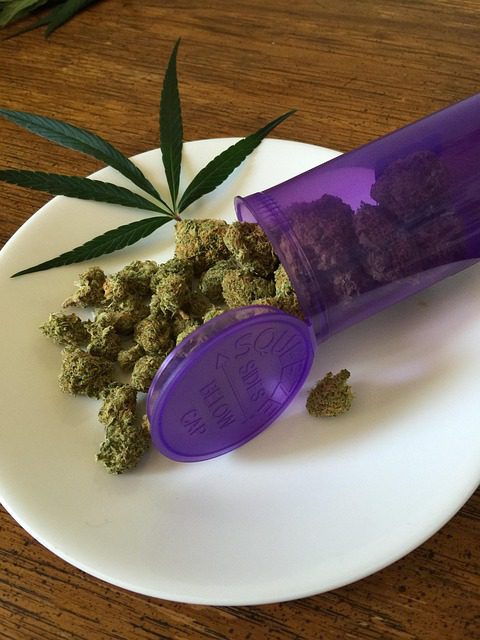Cannabis in Diadema: Laws, Culture, and Availability

Diadema, a densely populated city in the São Paulo metropolitan area, has a long history of strict law enforcement and high crime rates. Like the rest of Brazil, cannabis remains illegal, but its use is widespread in certain social groups. The city’s proximity to São Paulo means access to weed is easier, but the risks of police intervention are also high on weed in Diadema.
Legal Status of Cannabis in Diadema
Cannabis is illegal in Brazil under Law No. 11,343/2006, which differentiates between personal use and trafficking:
- Possession for Personal Use – Those caught with a small amount of weed won’t be jailed but may face warnings, community service, or mandatory drug education.
- Drug Trafficking – Selling, transporting, or growing cannabis can result in 5 to 15 years in prison.
- Medical Cannabis – Some forms of CBD-based treatments are legal with ANVISA (Brazil’s Health Regulatory Agency) approval, but recreational use is strictly prohibited.
Diadema has a strong police presence, and authorities conduct frequent stop-and-search operations, especially in lower-income neighborhoods. Even carrying a small quantity of weed can lead to legal consequences, depending on the officer’s discretion.
Cannabis Culture in Diadema
Cannabis consumption is common in Diadema, but public attitudes remain conservative. Many people associate weed with crime, which makes public use socially unacceptable in most areas.
Who Uses Cannabis in Diadema?
- Young adults and students – Cannabis is popular among youth, often influenced by hip-hop culture, skateboarding, and social media trends.
- Low-income communities – In some neighborhoods, weed is easily accessible, but also linked to gang activity and police raids.
- Artists and musicians – Some creative communities openly support legalization and use cannabis as part of their lifestyle.
Despite its widespread use, public consumption is rare due to police enforcement and social stigma.
Where Do People Get Weed in Diadema?
Since there are no legal dispensaries, users rely on illegal sources, such as:
- Street dealers – The most common method, but risky due to police surveillance and scams.
- Favelas and low-income areas – Weed is available, but purchasing in these areas can be dangerous.
- Delivery services – Some users in São Paulo have access to discreet weed delivery networks, but these services are less common in Diadema.
- Home cultivation – Growing weed is rare because it is considered trafficking under Brazilian law.
The most common type of weed available is prensado (brick weed), which is often low quality and mixed with impurities. Higher-grade strains, such as hydroponic weed (hydro), are more expensive and harder to find.
Police Presence and Legal Risks
Diadema has one of the highest police intervention rates in São Paulo, which increases the risks of carrying or using cannabis. Some key risks include:
- Frequent police stop-and-search operations, particularly in nightlife areas or poorer districts.
- Strict anti-drug laws, leading to legal consequences even for personal use.
- Possible arrests and extortion, as some corrupt officers may demand bribes to let users go.
Public Perception of Cannabis
- Older generations and conservative groups generally oppose cannabis use.
- Younger generations and progressive movements support decriminalization and medical access.
- Medical cannabis is gaining acceptance, especially for conditions like epilepsy and chronic pain.
The Future of Cannabis in Diadema
While debates on cannabis legalization continue in Brazil, Diadema remains a risky place for users due to strict policing and negative public perception. Until national laws change, weed will continue to be part of an underground culture in the city.